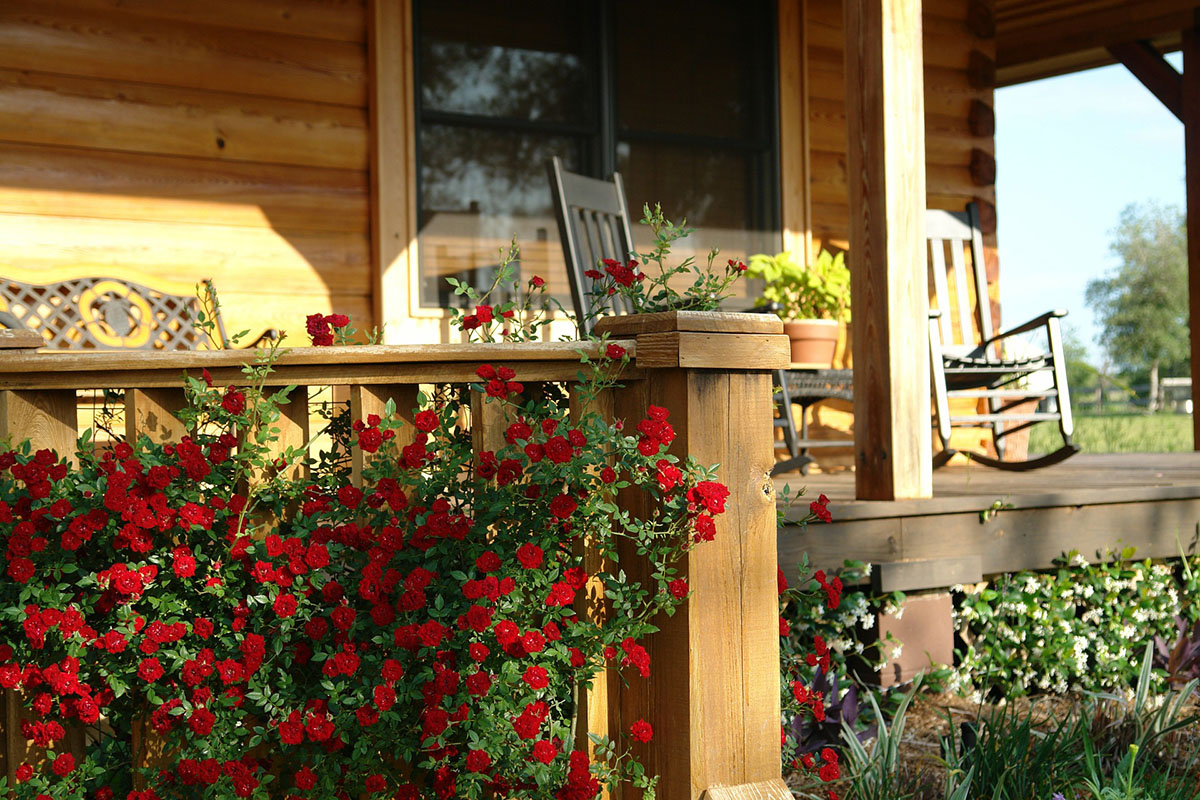Advance Directives: Death Has Many Doors

One sunny morning Aunt Gena was having coffee with my mother and father in their small apartment. “When it’s that time,” my mother reflected, “I’d like there to be three chairs on a porch somewhere – one for each of us. And flowers. And a gentle breeze blowing, with beautiful music playing. We’d each have a cup of tea. We’d talk like we’re doing now and then just pass away. Wouldn’t that be nice?”
Her sister, my aunt, nodded. “It sure would, Dot. It would be lovely.”
But my father was less sure. “Yeah, it would be nice, I guess. But you two go on ahead if you want to. I’ll catch up later.”
All three of them suffered with disabilities. All three believed in a hereafter and looked forward to a great family reunion over yonder. Not death, but the act of dying, had them worried. My mother, the nurse, had seen too many difficult deaths. My father, the firefighter, had witnessed more than his share too. My aunt had known enough pain in her lifetime to want nothing more than a peaceful passage from this world. Was this so much to ask?
Neither God nor medicine always grants our wishes for a “good death.” Modern medicine, especially, seems stuck in a perennial Code Blue commitment to rescue us regardless of the price we and our families may have to pay, unless we take control over our last moments before it’s too late. “Damn the torpedoes. Full speed ahead!” seems to be its guiding principle. Truth be told, most of us are grateful for this passionate commitment to life on our behalf. But sometimes letting us go is more healing than a heroic measure.
My parents had created rudimentary “living wills” as they got older. Mother annotated hers: “If you have to choose between lengthening my life and treating my pain, then treat my pain.” At the end of her life, death came as a friend to relieve her of the agony of a collapsing rib cage and brittle bone disease. My father, on the other hand, like a latter day Cyrano, chose not to go gentle into that good night. After a severe stroke robbed him of his ability to walk, speak or reason, he clung to life for years. It was not the “quality of life” that you or I might choose, but he always had been content with simple pleasures—the sun’s warmth, his grandchildren’s hugs, a plate of scrambled eggs. He still had these. I am grateful to my parents for providing guidance in advance so that we could assure the care they desired when they no longer could express themselves.
Today’s advance directives are more nuanced than those available to my parents; a “good death” becomes more likely if we prepare for it. Advocate Good Shepherd’s chaplains are ready to help us articulate our concerns and wishes while we still can.
We need only ask.